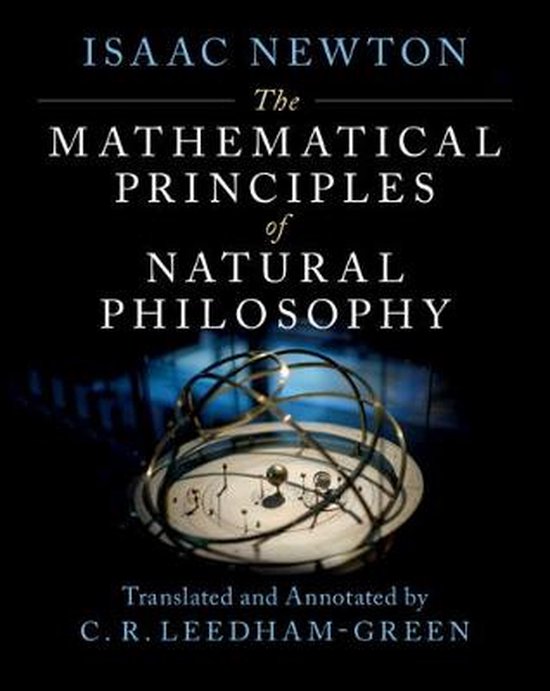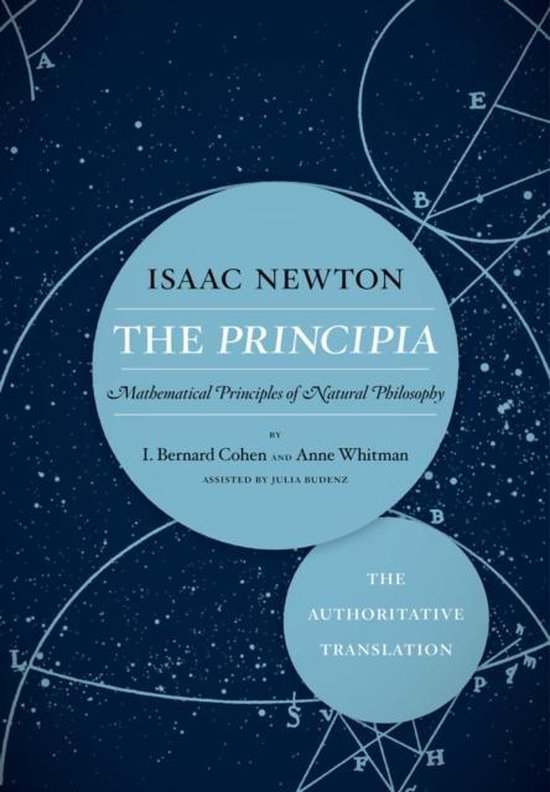
The Mathematical Principles of Natural Philosophy
First published in 1687, "The Mathematical Principles of Natural Philosophy", often referred to as simply the "Principia", is a work in three books by Isaac Newton.
"The Mathematical Principles of Natural Philosophy", arguably the most important book published in modern European history, began by offering the reader three basic principles, which have come to be known as Newton’s three laws of motion, forming the foundation of classical mechanics. It is also considered an essential work which states Newton's law of universal gravitation and a derivation of Kepler's laws of planetary motion (which Kepler first obtained empirically).
"The Mathematical Principles of Natural Philosophy" is considered one of the most important works in the history of science. The French mathematical physicist Alexis Clairaut assessed it in 1747: "The famous book of Mathematical Principles of Natural Philosophy marked the epoch of a great revolution in physics. The method followed by its illustrious author Sir Newton ... spread the light of mathematics on a science which up to then had remained in the darkness of conjectures and hypotheses."
In formulating his physical theories, Newton developed and used mathematical methods now included in the field of calculus. But the language of calculus as we know it was largely absent from the "Principia"; Newton gave many of his proofs in a geometric form of infinitesimal calculus, based on limits of ratios of vanishingly small geometric quantities.
(Source: wikipedia.org)
| Auteur | | Isaac Newton |
| Taal | | Engels |
| Type | | E-book |
| Categorie | | Wetenschap & Natuur |




